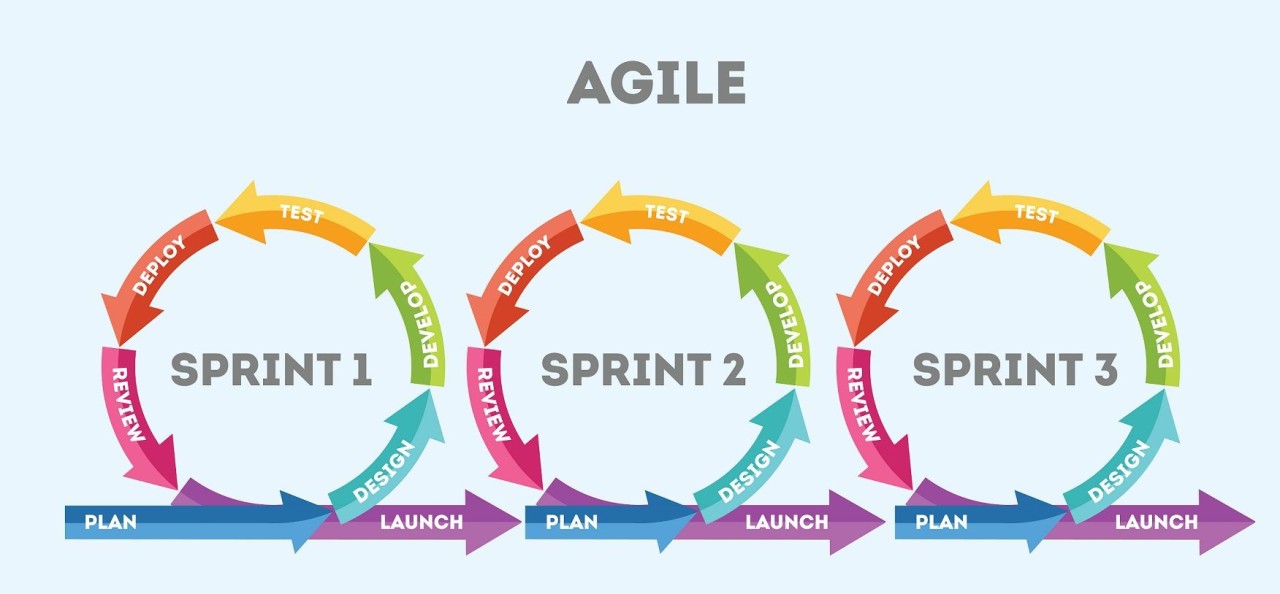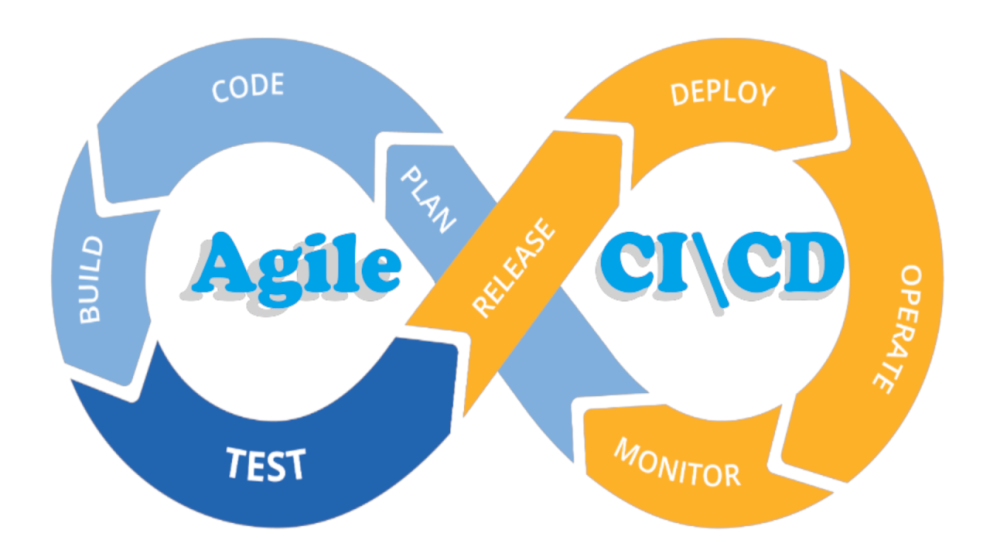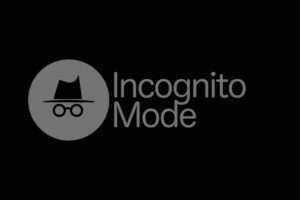Agile methodologies have transformed software development, emphasizing iteration, flexibility, and collaboration over rigid plans and waterfall workflows. But the agile journey is far from over. As the landscape of technology and organizational structures continues to evolve, so too must agile practices. Let’s delve into the exciting future of agile, exploring emerging trends and what’s next for lean development processes.
Shifting Sands: Key Trends Shaping Agile’s Future
- Beyond Software: Agile principles are finding applications beyond software development, influencing project management, marketing, and even organizational culture.
- Hybrid Approaches: Organizations are embracing hybrid methodologies, blending different agile frameworks (Scrum, Kanban, Lean Startup) to customize workflows for specific needs.
- Continuous Learning and Improvement: Embracing a culture of continuous learning, experimentation, and adaptation becomes a key driver of success.
- Focus on People and Outcomes: The emphasis shifts from rigid frameworks to empowering teams, fostering collaboration, and prioritizing value delivery.
- Embracing Automation: Tools and automation are increasingly adopted to streamline repetitive tasks, free up developer time for creative problem-solving, and improve efficiency.
- Security and Scalability: Integrating security considerations and scaling agile practices for larger teams and projects becomes crucial.

What the Future Holds: Glimpses of Agile 2.0
- AI-Powered Agile: Artificial intelligence and machine learning will play a bigger role in optimizing workflows, suggesting improvements, and automating tasks, enabling human-AI collaboration.
- Data-Driven Decision Making: Data analytics will be leveraged to gain insights into team performance, project progress, and customer feedback, informing agile decisions and adjustments.
- Hyper-Personalization: Agile practices will be further customized to address the unique needs and challenges of diverse teams, projects, and organizational structures.
- Agile Leadership: Leaders will need to adopt agile mindsets, fostering trust, empowerment, and psychological safety within teams for optimal effectiveness.
- Global Agile Collaboration: Agile practices will facilitate seamless collaboration across geographically dispersed teams, overcoming time zone and cultural barriers.
Navigating the Agile Future: Embracing Change and Continuous Improvement
The key to thriving in the evolving agile landscape lies in staying adaptable, open to new possibilities, and embracing continuous improvement. Here are some steps to navigate the future with confidence:
- Invest in Learning and Development: Equip your teams with the skills and knowledge necessary to embrace new agile approaches and tools.
- Experiment and iterate: Don’t be afraid to try new things and make adjustments based on experience and feedback.
- Prioritize communication and collaboration: Foster open communication within teams and across departments to ensure alignment and synergy.
- Measure and analyze: Track progress, gather data, and analyze results to identify areas for improvement and refine your agile practices.
- Embrace a growth mindset: See challenges as opportunities to learn and adapt, encouraging agility in both processes and thinking.
Remember, the future of agile is not about a single set of rigid rules, but about embracing flexibility, adaptation, and continuous improvement. By staying open to new ideas, prioritizing people and outcomes, and investing in continuous learning, organizations can leverage the power of agile to thrive in the ever-changing world of work and create truly transformative results.</strong”
















Add Comment